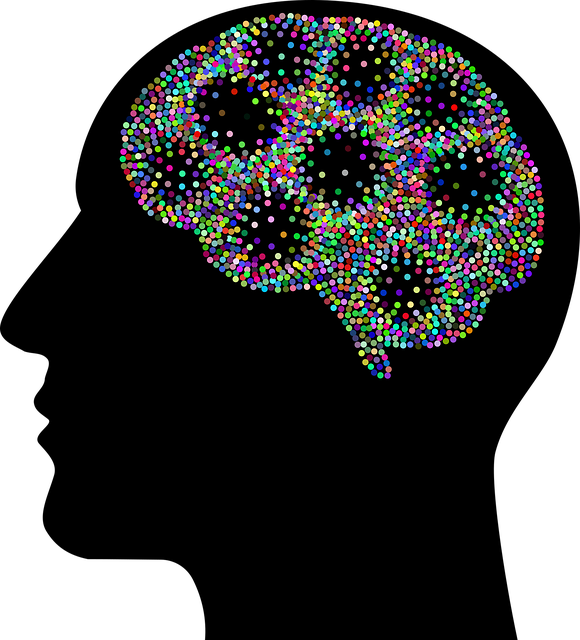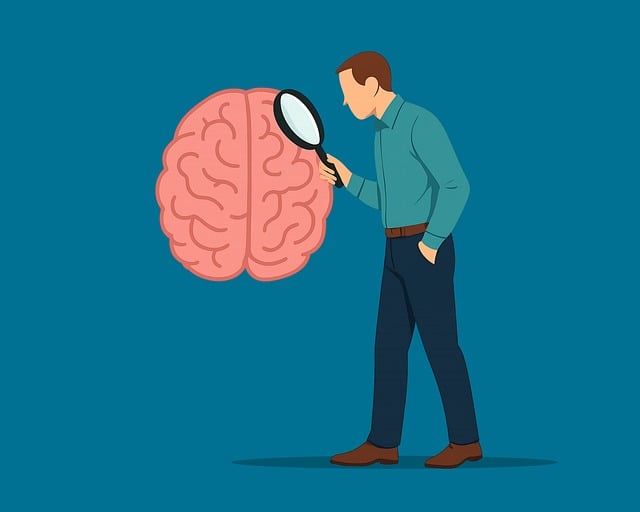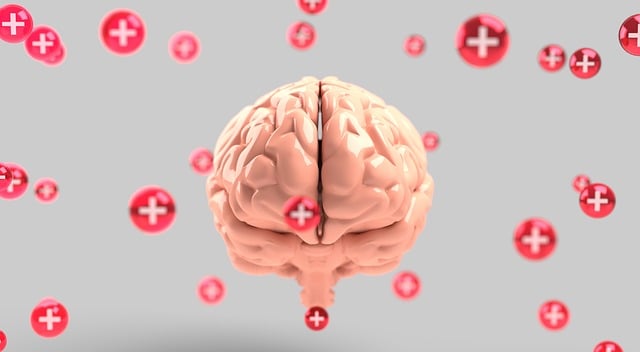Coping skills, essential in therapy for mental health evaluations, are tools that buffer stress and adversity, promoting emotional well-being. Through personalized interventions tailored to diverse backgrounds, these skills empower individuals to manage their mental health proactively, preventing depression and fostering overall wellness. Techniques like cognitive-behavioural therapy (CBT), open dialogue, and Mental Wellness Journaling Exercise Guidance facilitate coping, reduce stigma, and build resilience. Understanding individual coping styles, building mental resilience, and integrating skills into daily routines enhance emotional adaptability, enabling individuals to navigate life's challenges effectively, thus improving quality of life.
In today’s fast-paced world, developing robust coping skills is essential for maintaining mental well-being. This article explores foundational aspects of coping skills development, offering insights into how therapy enhances effective strategy acquisition. We delve into identifying personal coping styles and building resilience to navigate life’s challenges. Additionally, we discuss integrating these skills into daily routines to sustain optimal mental health, emphasizing the importance of professional evaluations for tailored therapy.
- Understanding Coping Skills: A Foundation for Mental Well-being
- The Role of Therapy in Developing Effective Coping Strategies
- Identifying Personal Coping Styles: Strengths and Challenges
- Building Resilience: Tools for Navigating Life's Struggles
- Integrating Coping Skills into Daily Life: Sustaining Mental Health
Understanding Coping Skills: A Foundation for Mental Well-being

Understanding coping skills is a fundamental aspect of mental health and well-being. These skills are adaptive behaviors that enable individuals to manage stress, overcome challenges, and maintain emotional balance. In essence, they serve as a buffer between an individual and their environment, helping them navigate through difficult situations without succumbing to negative outcomes. Effective coping strategies can range from simple relaxation techniques, such as deep breathing or meditation, to more complex problem-solving approaches tailored to specific stressors.
The development of robust coping skills is crucial not only for personal resilience but also for those seeking therapy for mental health evaluations. Incorporating cultural sensitivity in mental healthcare practice further enhances this process, ensuring that interventions are tailored to the individual’s unique background and experiences. This personalized approach can significantly impact depression prevention and promote overall mental wellness coaching programs development. By fostering an understanding of coping mechanisms, individuals can proactively manage their emotional health and lead more fulfilling lives.
The Role of Therapy in Developing Effective Coping Strategies

Therapy plays a pivotal role in developing effective coping strategies for individuals navigating mental health challenges. Through structured sessions with trained professionals, therapy offers a safe and supportive environment to explore underlying issues and learn healthy coping mechanisms. Mental health evaluations conducted during therapy help identify specific triggers and personal resilience points, enabling tailored interventions. For instance, cognitive-behavioural therapy (CBT) focuses on challenging negative thought patterns and replacing them with positive, realistic ones, thereby offering powerful tools for anxiety relief.
Moreover, therapy facilitates mental illness stigma reduction efforts by fostering self-acceptance and understanding. Encouraging open dialogue about personal struggles can break down barriers and promote a sense of belonging. In addition to traditional talk therapy, practices like Mental Wellness Journaling Exercise Guidance can empower individuals to track their moods, identify triggers, and record coping strategies, enhancing self-awareness and promoting proactive mental wellness management.
Identifying Personal Coping Styles: Strengths and Challenges

Every individual possesses unique coping styles shaped by their personal experiences and circumstances. Identifying these patterns is a pivotal step in understanding one’s mental resilience. Through therapy and mental health evaluations, individuals can uncover their inherent strengths and weaknesses when navigating life’s challenges. For instance, some people excel at utilizing positive thinking as a coping mechanism, transforming stressful situations into opportunities for growth. This strategy fosters adaptability and enhances overall well-being.
However, not all coping styles are equally effective. Some may rely on avoidance or suppression, which, while providing temporary relief, can lead to underlying issues festering. Recognizing these less adaptive strategies is crucial. Trauma support services often play a vital role in helping individuals reprocess traumatic experiences and develop healthier coping mechanisms. Stress management workshops within organizations can also empower employees with tools to manage workplace pressures, improving their ability to cope effectively in various aspects of life.
Building Resilience: Tools for Navigating Life's Struggles

Building resilience is an essential aspect of coping skills development, equipping individuals with tools to navigate life’s struggles and challenges. It involves cultivating a mindset that enables one to adapt and bounce back from adverse situations. Through therapy for mental health evaluations, professionals can identify areas where support is needed and tailor strategies accordingly. By focusing on positive thinking, individuals learn to reframe negative thoughts, fostering a more optimistic outlook and enhancing their ability to cope with stress.
Moreover, social skills training plays a crucial role in building resilience. Effective communication, healthy relationships, and a strong support network are key elements that contribute to overall well-being. Learning and practicing these skills can empower individuals to seek help when needed, provide a sense of belonging, and offer valuable perspectives during difficult times, ultimately supporting their mental health and anxiety relief.
Integrating Coping Skills into Daily Life: Sustaining Mental Health

Integrating coping skills into daily life is a vital step in sustaining mental health. These strategies, often cultivated through therapy for mental health evaluations and guided by emotional regulation techniques, empower individuals to manage stress and adversity. Regular practices like journaling can serve as a mental wellness journal, offering a space for reflection and processing emotions, which is particularly beneficial for those seeking trauma support services.
By incorporating simple yet effective coping mechanisms such as mindfulness exercises or creative outlets, individuals can enhance their emotional resilience. This proactive approach ensures that mental health remains a priority, fostering an overall sense of well-being. The consistent practice of these skills enables people to navigate life’s challenges with greater ease and adaptability, ultimately leading to improved quality of life.
Coping skills development is a multifaceted process that, when integrated into daily life, can significantly enhance mental well-being. From understanding foundational concepts to identifying personal coping styles and building resilience, each step plays a crucial role in navigating life’s challenges effectively. Therapy for mental health evaluations provides a structured framework to develop these skills, empowering individuals to manage stress and adversity. By incorporating these strategies into their routines, folks can foster a sense of control and resilience, ensuring they’re equipped to face whatever comes their way.














